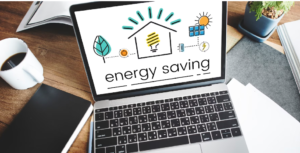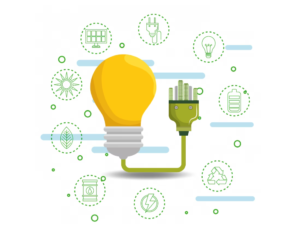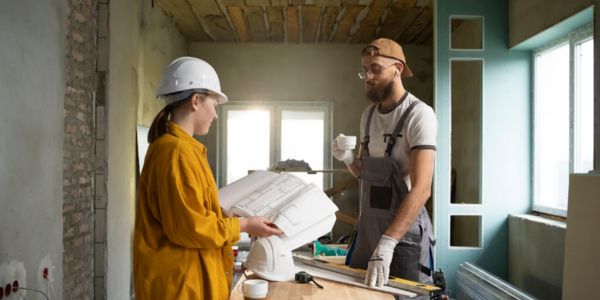
Undertaking a house renovation is exciting and rewarding, but it can also be challenging. This guide is designed to help you achieve a smooth and successful renovation project. Renovating a house has several advantages compared to buying a new property or building one from scratch. One major benefit is the chance to restore charming original features. Another key advantage is the potential to increase the home’s value if the renovation meets high standards.
Potential Challenges
However, there are potential drawbacks to consider. Finding suitable renovation opportunities can be difficult, as demand is often high. Buyers are frequently willing to pay extra for a blank canvas. There is also a risk of purchasing a property that drains finances and causes unnecessary stress. These issues can be avoided by knowing what to look out for. This is where our house renovation guide proves useful. It provides essential knowledge to help you create the home of your dreams.
Step-by-Step Guidance
This guide breaks the renovation process into simple, easy-to-follow steps. It covers everything from arranging the right surveys to reduce risks to managing unexpected and costly issues that may arise.
Improving Home Efficiency
Renovating your home to improve its efficiency can require both time and money. Large-scale renovations often provide long-term benefits, but not everyone can save enough for such projects, especially in today’s financial climate. Fortunately, there are still ways to enhance your home’s efficiency without overspending.
Focus on Insulation
One of the most cost-effective ways to improve your home’s efficiency is by focusing on insulation. Proper insulation helps to prevent heat loss in the winter and heat gain in the summer, reducing the energy required for heating and cooling. Consider adding insulation to your attic, walls, and floors and insulating doors and windows. These improvements can significantly enhance your home’s energy efficiency and comfort levels.
Upgrade to Energy-Efficient Appliances
 While major renovations may not be feasible, upgrading to energy-efficient appliances is a more affordable option that can still significantly impact your home’s energy consumption. Look for appliances with the ENERGY STAR label, indicating they meet high energy efficiency standards. Focus on key areas such as refrigerators, washing machines, dishwashers, and HVAC systems. These appliances are designed to consume less energy, reducing your utility bills over time.
While major renovations may not be feasible, upgrading to energy-efficient appliances is a more affordable option that can still significantly impact your home’s energy consumption. Look for appliances with the ENERGY STAR label, indicating they meet high energy efficiency standards. Focus on key areas such as refrigerators, washing machines, dishwashers, and HVAC systems. These appliances are designed to consume less energy, reducing your utility bills over time.
Implement Energy-Saving Lighting Solutions
Replacing traditional incandescent light bulbs with energy-efficient alternatives, such as LED or CFL bulbs, is a simple and cost-effective way to save energy. These bulbs consume less electricity, last longer, and emit less heat. Additionally, consider installing motion sensor switches or timers to ensure that lights are not left on unnecessarily. These small changes can add up to significant energy savings over time. 
Seal Air Leaks
Air leaks can lead to significant energy loss and reduced efficiency in your home. Identify areas where air may escape, such as around windows, doors, and electrical outlets, and seal them properly. Weatherstripping and caulking are inexpensive materials that can help eliminate drafts and prevent air leakage. Sealing these gaps can improve your home’s insulation and reduce energy waste.
Implement Smart Energy Management
 Investing in smart energy management systems can help optimise energy usage and reduce utility costs. Smart thermostats, for example, allow you to program and control your home’s heating and cooling remotely, ensuring that energy is well-spent when no one is home. Smart power strips can also automatically turn off power to electronic devices when not in use, eliminating standby power consumption. These smart solutions offer convenience and efficiency while being relatively affordable.
Investing in smart energy management systems can help optimise energy usage and reduce utility costs. Smart thermostats, for example, allow you to program and control your home’s heating and cooling remotely, ensuring that energy is well-spent when no one is home. Smart power strips can also automatically turn off power to electronic devices when not in use, eliminating standby power consumption. These smart solutions offer convenience and efficiency while being relatively affordable.
Take Advantage of Government Incentives
Check for available government incentives or rebate programs that encourage energy-efficient renovations. Many local and national authorities offer financial incentives, grants, or tax credits for energy-efficient upgrades. These incentives can significantly offset the costs of renovations and make them more attainable for homeowners on a tight budget.
While major renovations may not always be feasible, plenty of cost-effective ways exist to improve your home’s energy efficiency. By focusing on insulation, upgrading to energy-efficient appliances, implementing energy-saving lighting solutions, sealing air leaks, implementing smart energy management systems, and taking advantage of government incentives, you can make meaningful strides towards a more efficient home. Remember, even small changes can add to significant savings over time, both for the environment and your wallet. Start with one or two improvements and gradually work your way towards a more energy-efficient home. In addition, by making your property energy efficient, you could be qualified for a green mortgage.
Thank you for reading our “Discover The Significance of Renovating | Connect Expert.” Stay “Connect“-ed for more updates soon!







